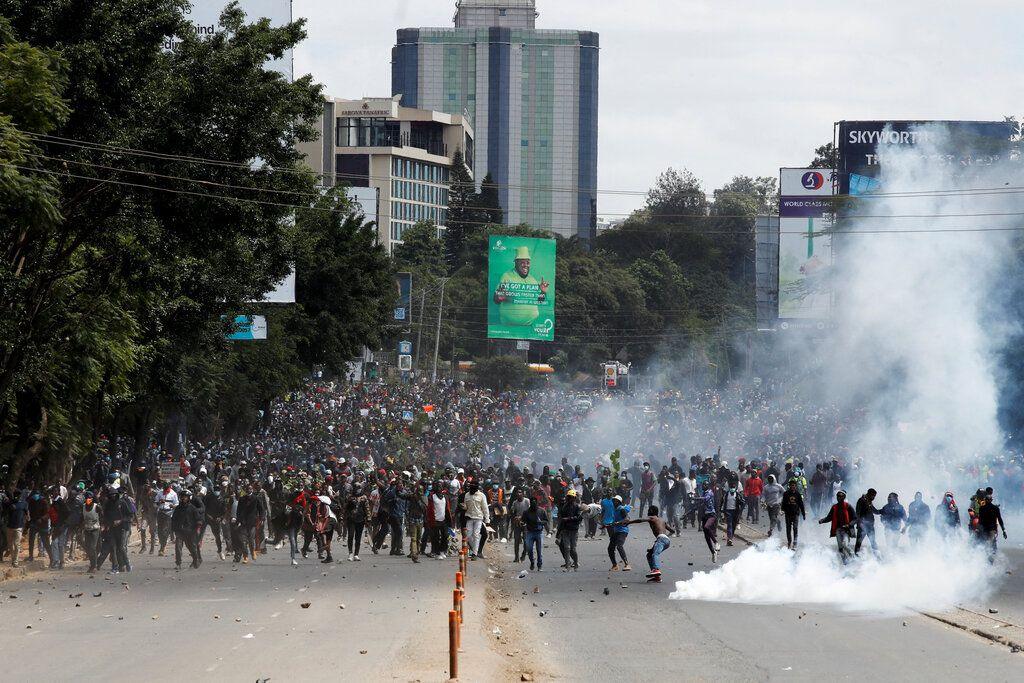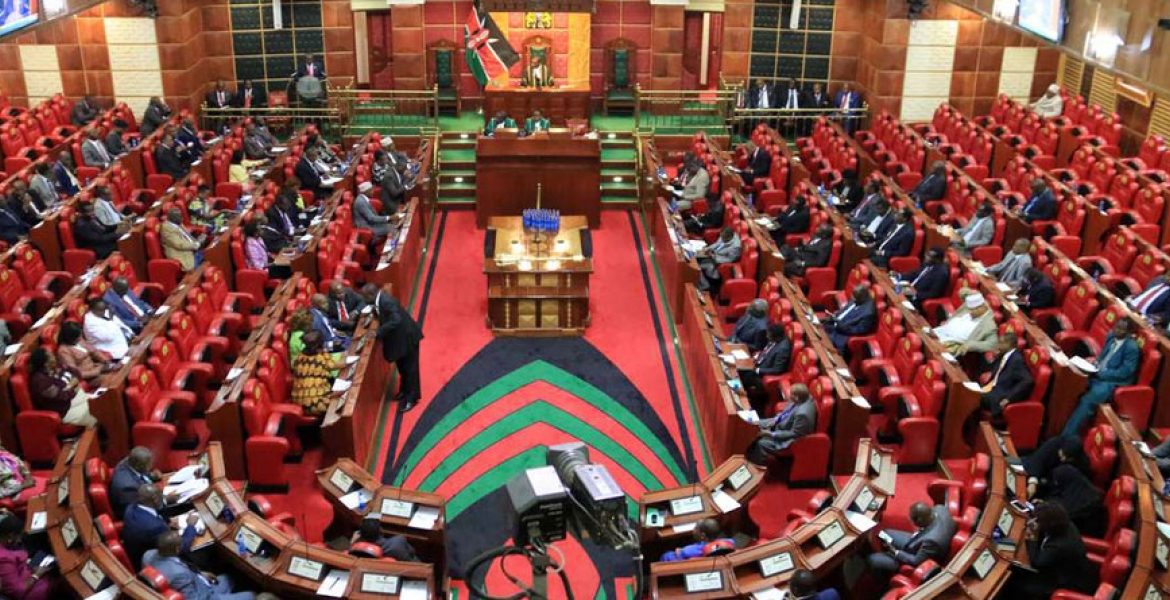In lower primary, I once read a story called ‘Ondiek Wuod Abila’. It was about a glutton who was so far gone in his appetite that he couldn’t listen to reason. One day, at a ceremony, he stacked his plate so high with food that he couldn’t see the one seated before him. His belly ended up bursting from overeating, the glutton.
Of course, this is fiction, as it is remote for one’s belly to bust from overeating, but the character in the story bears a close resemblance to Kenya’s Corrupt political elite. The past two weeks have been marred with protests from the citizenry decrying high taxation and lack of accountability and austerity by the government. Official statistics indicate that more than 39 people were killed by the police during the protests with hundreds more injured by gunshots and property amounting to millions of shillings lost.
“According to the Kenya National Bureau of Statistics, the average household monthly income is Ksh 20,123. The statistics and disparity show the political class’ withdrawal from the reality faced by the common citizen,”
However, despite the prevailing circumstances, it felt like an insult to the citizenry when the government, through the Salaries and Remuneration Commission, increased the salaries of members of parliament, senators, and Cabinet secretaries, not forgetting the unconstitutional offices of the Cabinet administrative secretaries.

Moreover, prices of cooking oil, soap, and some cosmetics are set to rise significantly starting this month after the imposition of a 10% import duty on crude oil. For instance, 1kg of cooking oil will now cost Ksh 359, up from Ksh 326.
The pay rise is as follows, speakers of the NA and Senate will have a raise from Ksh 1.18 million to Ksh 1.2 million, deputy speakers of the NA and Senate will have a raise from Ksh 0.94 million to Ksh 0.96 million, majority and minority leaders, Ksh 748,768 to Ksh 800,019, other MPs and senators, Ksh 725,602 to Ksh 739,600, and MCAs will get a raise from Ksh 144,375 to Ksh 166,588. According to the Kenya National Bureau of Statistics, the average household monthly income is Ksh 20,123. The statistics and disparity show the political class’ withdrawal from the reality faced by the common citizen.
We don't want you to reject 14k increase. We want MPs' salary reduced to max 200k. That way, bunge becomes a place where folks go to serve Kenyans, not a place to 'eat'. Why should you earn salaries of blue chip listed companies CEOs? What wealth do you guys create? Time to RESET https://t.co/zNj6j6Bv8l
— Mohamed Wehliye, MBS (@WehliyeMohamed) July 3, 2024
As Kenyans brace for an increase in commodity prices this month, it is important to note that, not only essential commodities have been hurt by the administration in the recent past, but also, the cost of basic services increased exorbitantly, such as healthcare and education, adding further to the frustrations faced by the populace. Abolishment of Linda Mama and the restructuring of the National Health Insurance Fund are some of the policies that have heavily affected a majority of the Kenyan Households.
Kenyans have expressed their displeasure at the blatant disregard of the voice of the people by a government whose leader, President Ruto promised on June 30, to take measures of austerity and government spending. Even though a section of the lawmakers have come out to reject the salary increase, the majority of the populace believes that the members of the National Assembly’s salaries need to be capped at Ksh 200,000 and allowances abolished.
















